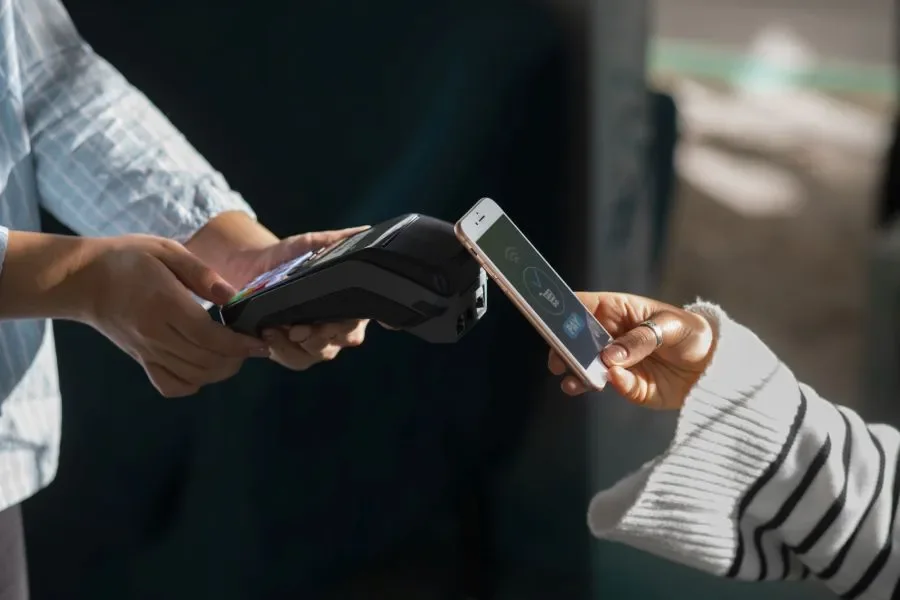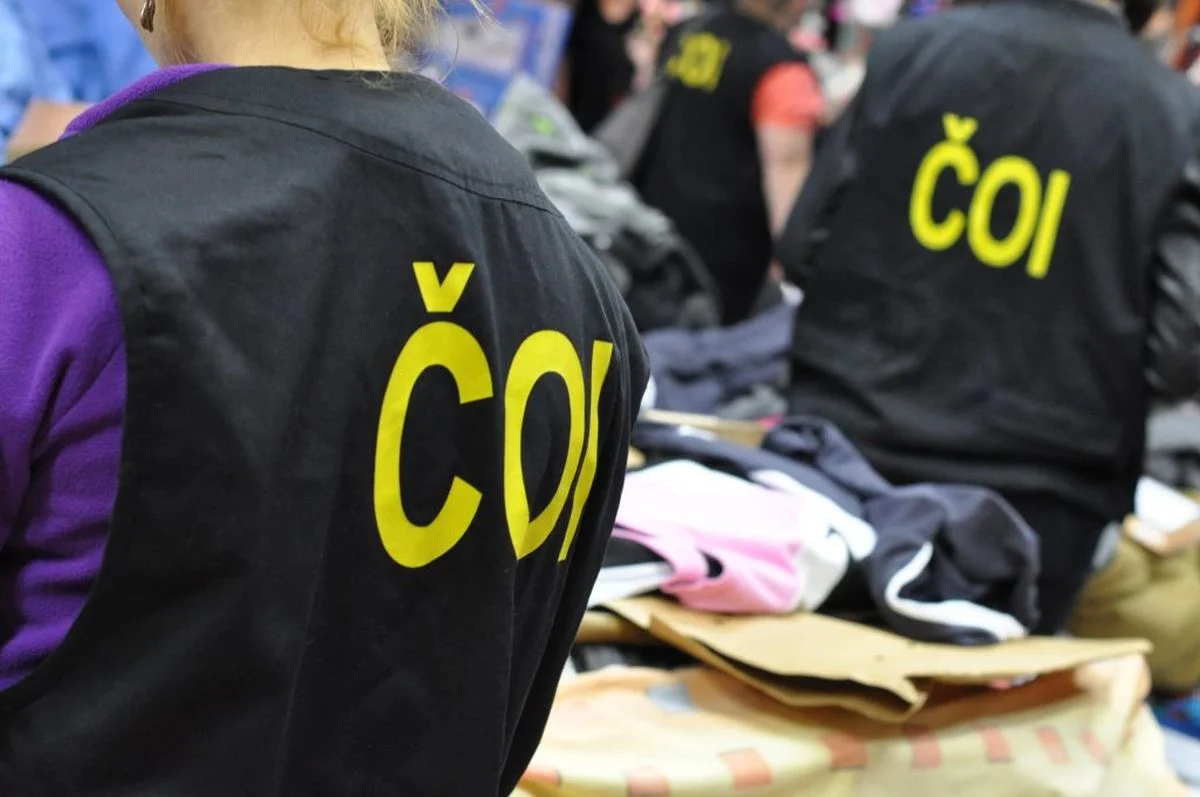
Foto: Freepik
In the Czech Republic, a generation is growing up for whom the smartphone has long since become a wallet. Young people are increasingly paying less with cash or card – mobile payments dominate daily life.
Paying via mobile rather than cash or card is already the norm for young people in the Czech Republic. According to a recent survey by the organisation Nekrachni, together with Visa and Moneta Money Bank, teenagers start using their smartphones for payments from around the age of 15, and by 17 it becomes their preferred method of payment. Two-thirds of respondents up to the age of 26 even check whether a new phone supports compatible payment apps before buying it.
The traditional plastic card now serves only as a fallback: 58 per cent use it merely as a backup. Cash? Almost exotic.
Speed Beats Habit
More than 90 per cent of young Czechs pay using apps, 61 per cent of them several times a week. Before reaching adulthood, cash still dominates – simply because parents give pocket money in cash. But from 18 onwards, the smartphone takes over: speed (77 per cent) and the convenience of not having to carry cash (68 per cent) are the main reasons.
For young Czechs, banks are above all: safe and convenient. The app is central – nine out of ten use it regularly, usually to check their balance, authorise payments, or track expenses. When choosing a bank, simplicity, digital services, and security are the main considerations. “Technology must be natural, intuitive, and fast – just like the payment itself,” sums up Visa manager Hana Wasserburger.
When shopping online, more than half of young Czechs already use digital wallets. Usage rises significantly after the age of 18, reaching 56 per cent, whereas the youngest users (15–17 years) only use digital wallets around a third of the time – about as often as paying by cash on delivery.
Generation Z in the Czech Republic thus makes it clear: the smartphone is more than just a communication device – it is the gateway to a digital financial life. Mobile payments, digital wallets, and banking apps shape the daily lives of young people, rendering cash and traditional cards increasingly unnecessary.
More from Business

Crackdown on Counterfeit Goods: ČOI Withdraws Around 22,000 Products in 2025

Record in Air Freight: Prague Airport Handles More Than 96,000 Tonnes in 2025

